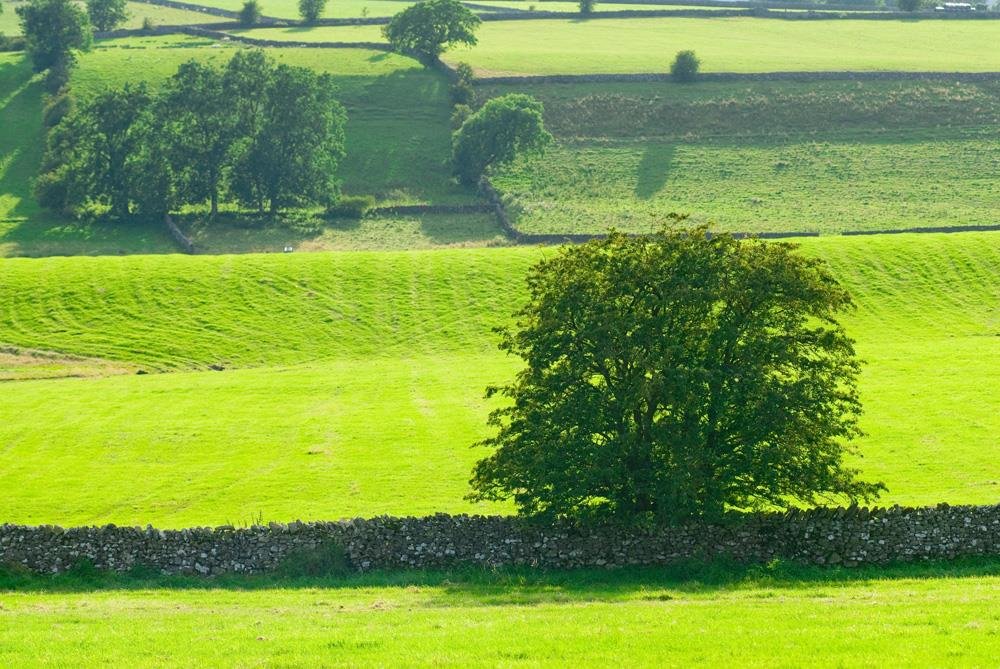Lakelovers Discount Codes – Latest July 2025 Offers!
Discover all of the latest Lakelovers discount codes, voucher codes and offers for 2025 right here! Idyllically positioned in...

80% of home care in the UK is provided for free by carers. These are usually family members or friends who are also juggling their own personal lives.
Because of the extra demands on energy, money and time many, if not most, carers have their own mental health problems, such as stress (84%) anxiety (78%) or 55% (depression) without support.
This Mental Health Awareness Week we’d like to encourage self-care in a green space, like the Lake District.
There are 10 National Parks spread across the UK. These are nature’s breathing spaces where the scenic beauty, tranquility and slow pace is one of the very best ways you can help someone suffering with mental health problems.

Sharing your problems with friends or family is a hugely important tool in combating metal health-related problems, according to MentalHealth.org. A day out walking without the distractions of day-to-day life is the perfect place to chew over the cud with a supportive companion. Alternative solutions are often found when talking through problems with another person. And even if you decide not to talk about the stresses of home life, having a laugh is an excellent stress-reliever.
And if you can’t rally a friend to join you on a self-care break away, bring your pooch with you. There’s been lots of research proving the well-being benefits of a dog. There is the unwavering companionship and loyalty that a pet dog gives, as well as the calming effect of a cuddle and stroke.

Getting away from your role as a carer, or whatever is causing mental health issues, is not running away but it gives you a chance to be yourself again, rather than a mum, carer, student or someone who doesn’t fit in. Find space where you can do the things that make you you. Or perhaps try something new. Tried Stand Up Paddle Boarding before or been on a Wolf Walk? Learning is a great way to give the brain something it can control and the NHS recommend this as part of a coping strategy for dealing with anxiety, stress or depression.
To get the greatest well-being benefits from a rest bite in the country, mindfulness in the outdoors is recommended. Since the early 16th century doctors have been prescribing fresh air and nature and today green space is valued more than ever.
Ecotherapy can be a simple walk in the woods, lying in a meadow, sat at the top of a mountain or on a bench during a lakeside cycle. Find some green space and focus your mind on the surroundings; a trickling river, bracken and the scent of bluebells, wind in the trees. Mindfulness (concentrating on the here and now) is a habit and one well worth learning.
A craft workshop is a relaxing outdoor activity that can be enjoyed at your own pace and focuses the mind. There are some beautiful materials to work with here in the Lakes, such as Herdwick fleece’s for feltwork, blacksmith workshops, bushcraft experiences, ceramics, and wood whittling to name a few.
It is not just the nutritional benefits you’re looking for when addressing diet in tackling mental health issues. For all ages, cooking can be therapeutic. Why not try a course, such as artisan breadmaking or a curing masterclass? Alternatively, look online for some healthy mental well-being recipes (Mind.org have some great ones), that boost energy levels, improve mood and aid positive sleep patterns.

Natural sleep remedies, emptying your head before you go to bed and a sleepy-time relaxing yoga stretching routine are some of the proven techniques used to prepare the body for a good rest. Avoiding the blue screen of mobile phones and tablets an hour before bed is also recommended, so no checking WhatsApp and what’s going on at home before switching the lights out.
If someone suffering from mental health problems manages to re-train their body to get more than 6-hours a night sleep regularly, but no more than 8-9 hours (which is associated with depression), the health benefits will be noticeable. Most of the benefits of sleep are about empowerment; a sharper and de-cluttered memory, as your brain has had time to organise and get rid of waste; faster and more efficient thinking; removal of toxins; improved immune system; role play for dealing with emotional scenarios.
The list of brain activity during sleep is endless and missing out can actually be part of the cause of mental health problems, according to MentalHealth.org.

With signal being intermittent and sporadic at best on a rural break, it’s a good idea to take the opportunity to turn mobile devices off. Social Media has been under fire for contributing to depression and anxiety amongst younger generations, in particular. We like apps like Forest, where users plant tree seeds, which only grow as long as the device is left undisturbed. If we give our own minds the space and time, they will also rejuvenate and grow.

A break away is the ideal time to ‘anchor’ some relaxing exercises and breathing techniques so that the relaxed feelings of your break away can be recalled when back at home.
Returning to the same postures and using the same deep breath sequences will recall your relaxed state during your self-care break. Aromatherapy oils can help with this process as smell is our most powerful sense and closely linked with memory.
It is not just carers who are suffering with mental health-related illnesses. Increasingly young people, including children as young a 5-years-olds, are struggling with a spectrum of mental health problems. The UK’s elderly population is growing and support networks are feeling the strain too. And there are groups that have become increasingly isolated and are growing in numbers.
Booking or gifting some self-care time away in the country, as short as a long weekend, will have so many benefits.
Sources: CareFreeBreaks.com, MentalHealth.org, Mind.org
